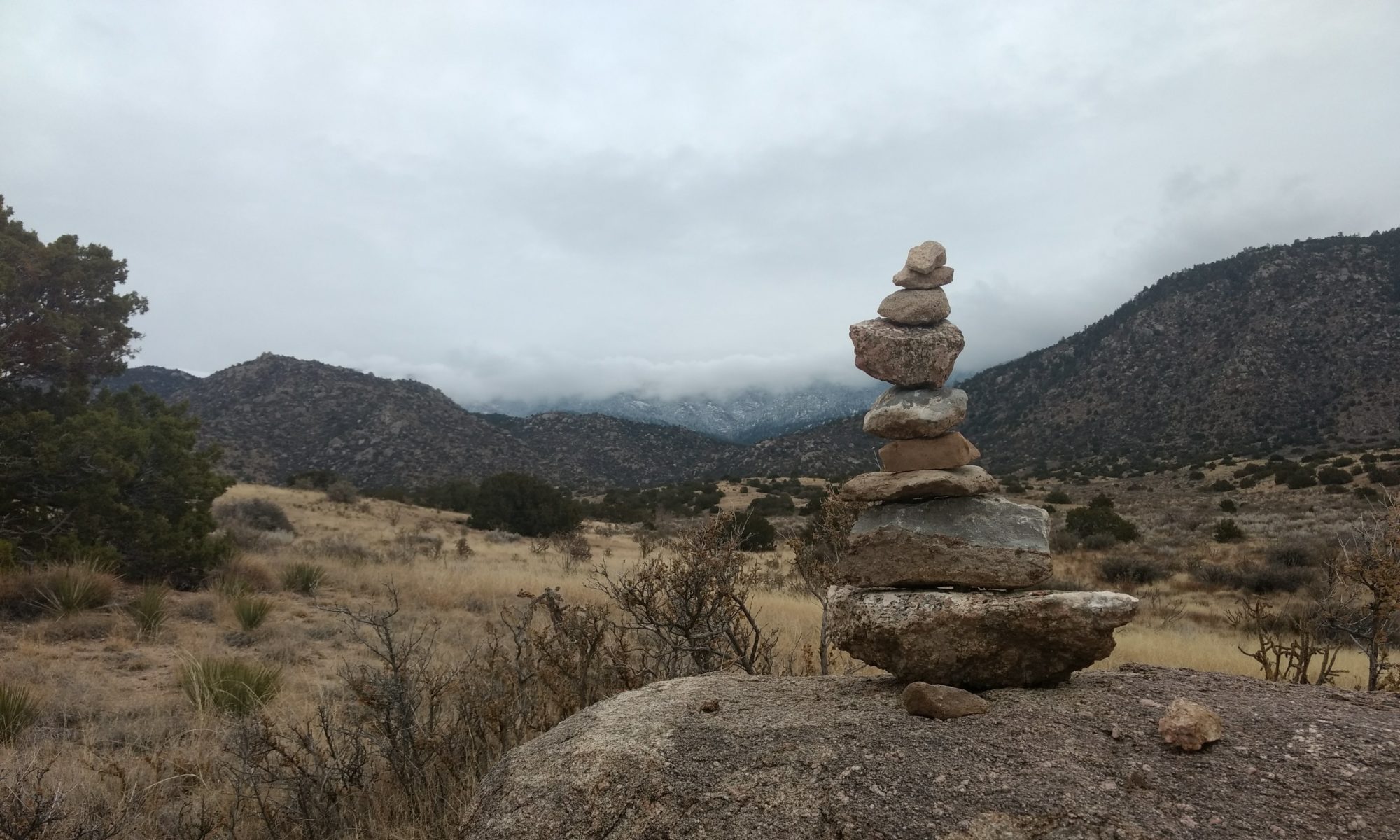Here is a diagram of the social web we need. Starting with a blog (or something similar) as the center of our universe.

There is a coming battle in social (I know some of you are tired of the war analogies) a it is centered around federation. Leo Laporte blog rant was right on many fronts. Social media in the micro-blogging space can be ephemeral if not often times specious. The web and the connections you have establish with it is the next web. “me” should be the center of this.  “me” as an entity in a mesh ER model map that is the science of modern social graphs. Your interactions should be a stream of record to be parsed for you by those very interactions in the graph. The social web we need is a n-dimensional space of your data, your dataspace. This should not be trapped in the silos of Facebook, Buzz, etc. These networks that are the defacto home of your interactions with the web should flow to you, not to them. This concept of dataspaces is something I have studied for nearly 2 years when I first read a paper on the concept. We have loosely couple pieces of ourselves everywhere around the web. Most of us have been doing social, web apps and services for years. Where is that stuff?  Sites/destinations go away and often times with it your data. I am using a very broad definition of “data” .  Any comment you’ve created or metadata expressing your approval for something can be defined as data.  We must claim this and I believe blogs are one the keys.
The technologies depicted in the very rough illustration are part of a growing movement for a more federated social web. This new federated web will rely on Open Social for interconnections as well as Activity Streams to capture and distribute activities like photo sharing, comments, blog post, location information, video, audio and sharing approval with our social graph based on social network aggregation information.  Protocols such as PubSubHubbub or XMPP would speed syndication to those in your open social graph. Salmon protocol is needed to capture/collect comments on activities on your blog or profile page that are scattered by the syndication mechanisms of  XMPP, ATOM and PubSubHubbub. It should not matter what platform you use, Tumblr, WordPress, Posterous and Blogger it all flows to you from everywhere your content syndicates to.  And it doesn’t have to be confined to the social forms of communications and could include emails, chat sessions and SMS. These places or dataspaces could be more lively with the power of the  wave protocol that powered the now defunct Google Wave.
Now these are not new concepts. Diaspora received $200,000 big ones to attempt this and with a code drop slated for 15 Sept. I am curious and hopefully to see what the community does with this. What would be new is a seamless aggregation of these Web 2.0 building blocks to make this possible. I propose a more Blog centric approach to this that would call on the major blogging platforms that host or allow self-hosting to encourage and contribute to this endeavor.  But this doesn’t need to be confined to the Blogging platforms that exist. There are many broadcast avenues that could start implementation, Twitter comes to mind as the most minimalist player that could start experimenting  Activity Streams with XMPP syndication and Salomon protocol for track-back capability on comments (tweets).  However, these are ultimately just the tools of the trade (so to speak) that will complement that dataspace concept not silo it.  Looking at the current state of Social the problem is clear (at least to me), there is too much fragmentation of “you” across services and no universal dashboard to control your identity, your ‘data’ and most importantly your privacy. Our identity needs a place that can be the space of record for us and we, through virtue of authentication, allow other players into our space to advertise and sell to us.  In payment for this privilege we are offered services while our contributions (our data)  is offered as another form of currency for the service. Our data becomes on par to our money. Data is or will soon be currency. Heady stuff but I basis for how we should look at social networks going forward.
Well that was my one part proposal, one part brainstorm. What do ya think.



